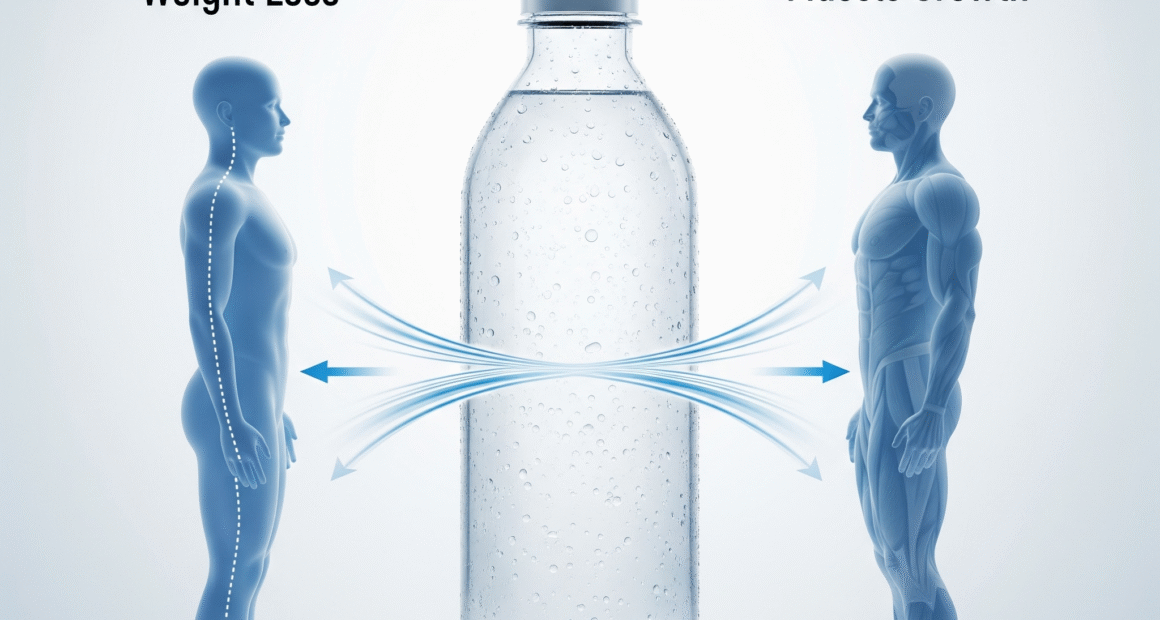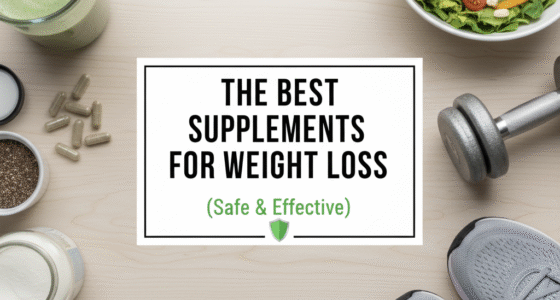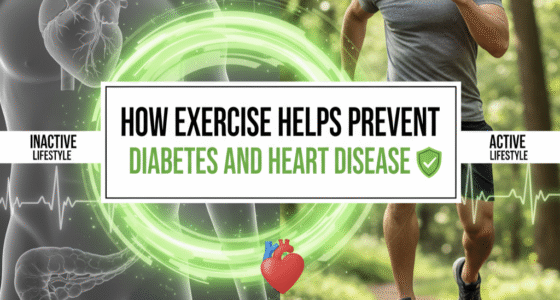Water is often underestimated in the world of health and fitness. While diet and exercise usually steal the spotlight, proper hydration plays a critical role in weight loss, fat metabolism, and muscle development. Whether you want to burn fat, build strength, or improve performance, staying hydrated can make or break your progress. In this article, we’ll dive into the science of hydration, its effects on metabolism, and practical strategies to maximize your results.
Why Hydration Matters for Weight Loss
Weight loss is often linked to calorie intake and physical activity, but hydration directly influences both. Here’s why:
- Boosts Metabolism: Drinking enough water increases thermogenesis, the process your body uses to burn calories. Studies show that drinking 500ml of water can raise metabolic rate by 10–30% for about an hour.
- Suppresses Appetite: Many people confuse thirst with hunger. Staying hydrated reduces unnecessary snacking and calorie intake.
- Supports Fat Breakdown: Water is essential for lipolysis, the breakdown of fat cells into usable energy.
Hydration and Muscle Growth
Building muscle requires protein, training, and recovery. But without water, the process slows dramatically. Here’s how hydration helps muscle growth:
- Delivers Nutrients: Water carries amino acids, glucose, and micronutrients into muscle cells, fueling repair and growth.
- Enhances Performance: Even a 2% drop in hydration can reduce strength and endurance significantly.
- Improves Recovery: Hydration helps flush toxins, reduce soreness, and support faster muscle repair.
The Science of Hydration and Performance
Hydration affects nearly every aspect of fitness. Dehydration leads to fatigue, poor focus, and increased injury risk. On the other hand, proper hydration improves endurance, increases power output, and enhances mental clarity during workouts. Research in 2025 emphasizes that athletes who maintain hydration perform up to 20% better than those who are even mildly dehydrated.
How Much Water Do You Really Need?
The “8 glasses a day” rule is outdated. Instead, hydration needs depend on body weight, activity level, and environment:
- General guideline: 30–35 ml of water per kilogram of body weight daily.
- Active individuals: Add 500–1000 ml per hour of exercise.
- Hot climates: Increase intake to replace sweat loss.
A simple way to check hydration is by monitoring urine color — pale yellow indicates proper hydration.
Hydration for Weight Loss: Practical Tips
- Drink a glass of water before meals to reduce calorie intake.
- Start your day with water instead of coffee for better metabolism.
- Replace sugary drinks with water, sparkling water, or herbal teas.
- Carry a reusable water bottle to stay consistent.
Hydration for Muscle Growth: Practical Tips
- Consume water throughout your workout to maintain endurance.
- Add electrolytes after intense sessions to replace sodium and potassium loss.
- Include water-rich foods like cucumber, oranges, and watermelon in your diet.
- Aim for steady hydration rather than drinking large amounts at once.
Common Myths About Hydration
- Myth 1: You only need water when you’re thirsty.
Truth: Thirst is a late sign of dehydration. Stay ahead of it. - Myth 2: Sports drinks are always better than water.
Truth: They’re useful only during long, intense workouts. - Myth 3: Drinking more water always speeds up fat loss.
Truth: Hydration helps metabolism, but diet and activity remain key.
Signs of Dehydration to Watch Out For
- Dark yellow urine
- Headaches and dizziness
- Dry mouth and fatigue
- Muscle cramps
- Reduced workout performance
FAQs About Hydration
1. Can drinking more water alone help me lose weight?
Water supports fat metabolism and appetite control, but results come from combining hydration with a calorie deficit and exercise.
2. Should I drink water during workouts?
Yes. Small sips throughout training maintain energy and prevent dehydration.
3. Do coffee and tea count toward hydration?
Yes, though they contain caffeine. Moderate amounts still contribute to total fluid intake.
4. Is it possible to overhydrate?
Yes. Excessive water can lead to hyponatremia (low sodium levels). Balance is key.
Conclusion
Hydration is one of the simplest yet most powerful tools for weight loss and muscle growth. It boosts metabolism, supports fat burning, enhances nutrient delivery, and improves exercise performance. If you want to achieve your fitness goals in 2025 and beyond, start by paying attention to how much water you drink. Combined with proper nutrition and training, hydration will help you transform your body and health naturally.









